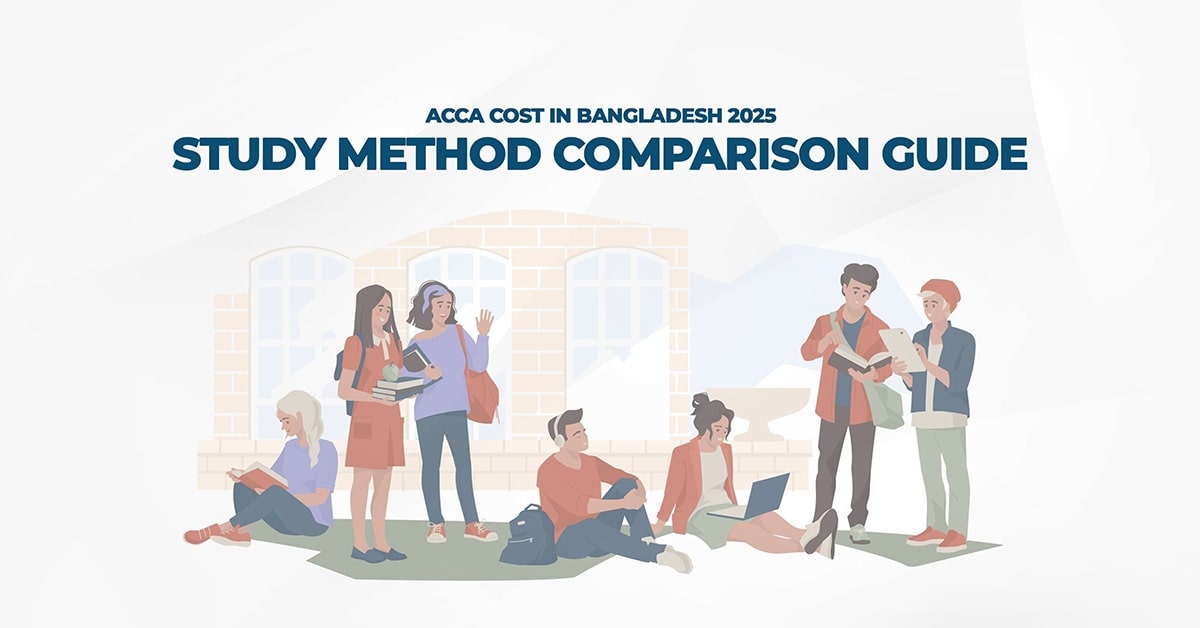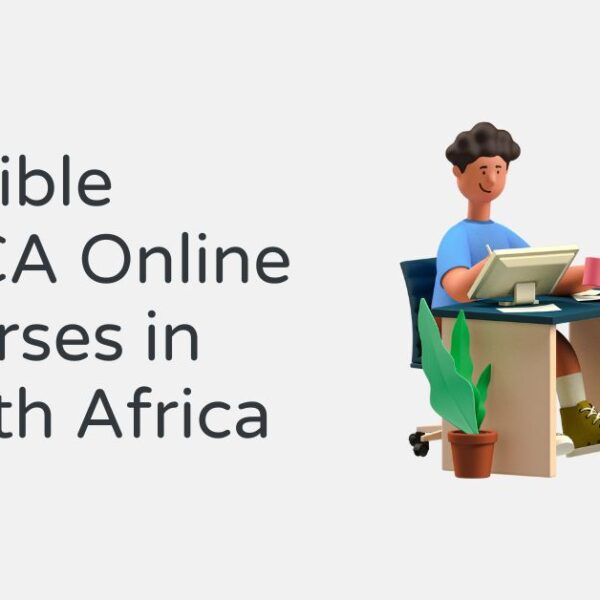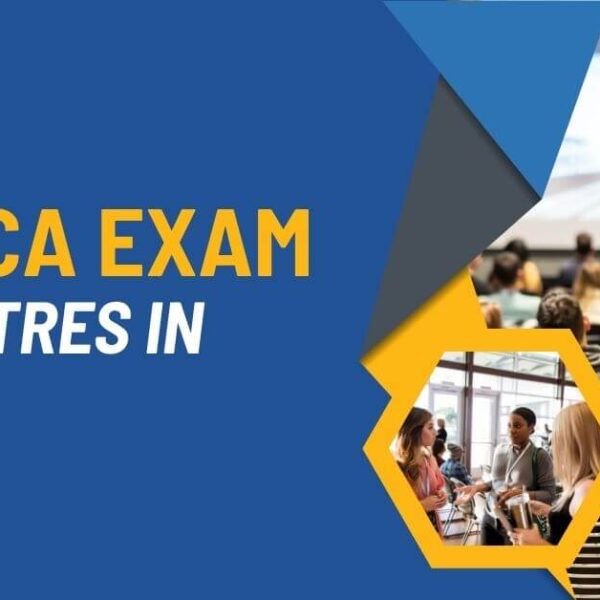Pursuing an ACCA qualification represents a significant investment in your professional future. For students in Bangladesh, understanding the total cost across different study methods helps make informed decisions that align with both educational needs and financial capabilities.
Core ACCA Fees
Regardless of your chosen study method, all ACCA students in Bangladesh must pay:
Initial Registration Fee: A one-time payment when joining the ACCA programme
Annual Subscription: Paid yearly to maintain student status
Examination Fees: Varying costs for each paper attempted
Exemption Fees: If applicable, based on prior qualifications
These official ACCA costs remain consistent regardless of how you choose to study. However, the additional expenses vary significantly based on your chosen learning approach.
Full-Time Classroom Learning
Studying at a recognised ACCA institute in Bangladesh provides structured learning with face-to-face guidance.
Additional Costs Include:
- Tuition fees for each paper (typically ranging from moderate to premium based on the institute’s reputation)
- Commuting expenses to the institute
- Printed study materials and handouts
- Institute registration fees
Financial Benefits:
- Group discounts on study materials
- Free access to the institute libraries and resources
- Structured learning environment minimising the risk of exam failure
Total Cost Range: The total cost typically ranks as the highest among all study methods, but it offers the most comprehensive support structure.
Part-Time Evening/Weekend Classes
This hybrid approach allows students to work while studying.
Additional Costs Include:
- Reduced tuition fees compared to full-time options
- Evening transportation expenses (potentially higher than daytime travel)
- Self-study materials to supplement part-time lectures
Financial Benefits:
- Ability to earn an income while studying
- Potential employer sponsorship for work-relevant papers
- Spread of expenses over a longer timeframe
Total Cost Range: Moderate investment with the advantage of simultaneous income generation.
Online Learning Platforms
Digital learning options have gained popularity, offering flexibility at reduced costs.
Additional Costs Include:
- Subscription to online learning platforms
- High-speed internet connection
- Printing expenses for study materials
- Potential technological upgrades (computer, webcam)
Financial Benefits:
- No commuting expenses
- Global access to international tutors at Bangladeshi pricing
- Flexible learning hours reduce opportunity costs
- Recorded lectures allow repeated review
Total Cost Range: Significantly lower than classroom options while maintaining structured learning support.
Self-Study Approach
The most economical but challenging path to the ACCA qualification.
Additional Costs Include:
- Official ACCA textbooks and revision kits
- Supplementary study resources and question practice materials
- Occasional consultation sessions for difficult topics
Financial Benefits:
- Minimal expenses beyond official ACCA fees
- Complete flexibility to balance work and study
- No binding contracts or institutional commitments
Total Cost Range: The lowest total investment, but requires exceptional self-discipline and independent learning skills.
Blended Learning Approach
Many successful students in Bangladesh opt for a strategic combination of methods.
Cost-Optimisation Strategy:
- Self-study for stronger subjects
- Online learning for moderate-difficulty papers
- Classroom tuition for challenging topics
- Targeted revision courses before examinations
This approach allows for cost optimisation while addressing individual learning needs.
Return on Investment Considerations
When calculating the total cost in Bangladesh, consider these factors:
- Time to qualification (faster completion reduces annual subscription payments)
- First-time pass rates (resits increase total costs significantly)
- Career progression during studies (potential for employer funding)
- Long-term salary enhancement after qualification
The ACCA qualification, while requiring substantial investment, typically delivers strong returns through enhanced earning potential in Bangladesh’s growing financial sector.








